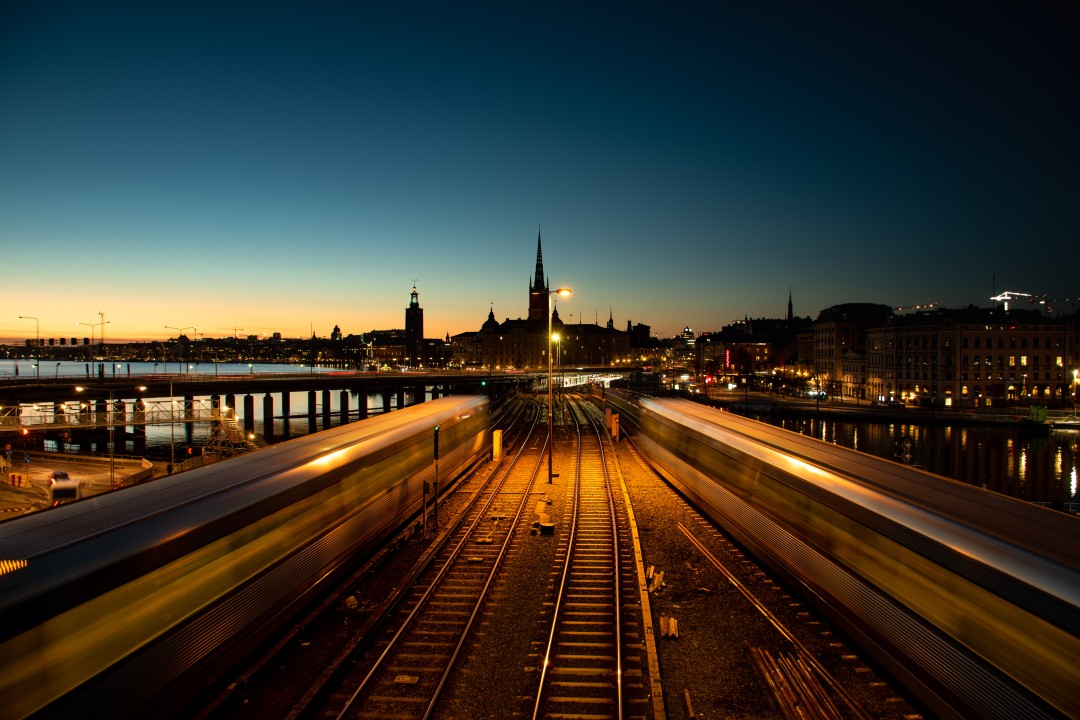This year I made a New Year’s Resolution to spend less time in the office. The aim was to spend more time meeting people and contributing to industry events. Reflecting back over the last three months I can say that I’ve definitely spent less time in the office. I was last in London mid-March.
Seriously though, what has happened to 2020?
Starting with the positives:
- After 8 years of being together, I finally understand what my wife does for a living. Although she still questions what I exactly do each day and often asks if it’s a real job. My new waistline dispels the old myth that I’m a secret agent.
- Without the morning commute, I’ve finally caught up with all the sleep I’ve missed having worked agency side for 10 years. As I’m closer to Surrey than London, I’ve gained back at least 2 hours each day. As all you need is a laptop and mobile in this industry, it’s hardly surprising that the world is seeking to understand the purpose of an office. Sitting at a desk in London is something that costs me nearly £3,000 a year in travel costs. Ouch.
- In a period that forces you to physically distance from each other, it’s nonsensical to see how that can bring you closer together with people. But that is exactly what has happened. Not only with colleagues, but with friends and family. Up until recently, the NHS clap each Thursday brought the streets out of their homes to celebrate with each other. It’s been a moving time.
Winds of change are beginning to blow. We can no longer think about ‘when this period is over’ or ‘after Covid-19’. Instead, we’ve already entered into a new world. On average it only takes 66 days to form a new habit. We’ve been living under the cloud of this virus for longer than that now. Not taking flights, not travelling to countries. Personally, we’ve all made various changes in our lives to cope.
Businesses around the world are seeking to understand what the ‘new normal’ looks like for consumer demand. Research shows that whilst concern about Covid-19 is falling, significant concerns remain about the long-term economic impact. Read Kekst CNC’s Covid-19 Opinion Tracker for more insights into global public attitudes.
The FT described part of this impact as an empty-chair economy, as life transitions close to what we may call normal but places of work, transport, and restaurants remain mostly empty through social distancing restrictions. All we can do is hope that economic recovery resembles a V-shape. The signs are looking positive as stock markets began rising last month as nations reopened their economies. At all times my mind is with those who have been at the sharp end of lockdown, facing bereavement, furlough or redundancy.
Anxieties are never far away. Eagle-eyed followers will see that my own social media activity has dropped and my blog has fallen silent. The product of my long-term coping mechanism to not drown in the mis- and dis-information of social media. Staying close to clients as they face disruption and uncertainty is paramount.
Who knows how we’ll look back at 2020, but we’re beginning to get clues. Society became a priority against the economy. The world had time to breathe and heal. ‘Office worker’ became an old term. Hopefully, the pains of 2020 may lead to positive change in 2021.


